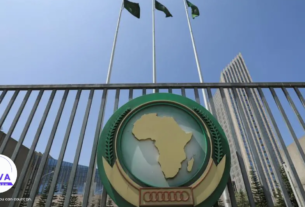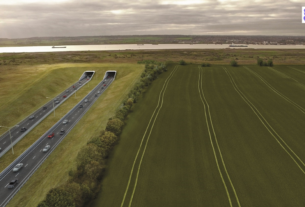The United Kingdom and India have officially concluded a long-awaited free trade agreement, marking a historic milestone in Britain’s post-Brexit global trade strategy. The deal, finalized after over three years of intense negotiations, is being hailed as the most significant bilateral trade pact signed by the UK since its departure from the European Union.
Prime Minister Keir Starmer is set to formally sign the agreement during a state visit to New Delhi later this year, alongside his Indian counterpart Prime Minister Narendra Modi.
“This deal is a new chapter in our relationship with India,” Starmer said in a statement released Wednesday. “It brings two democracies closer together, boosts economic growth, and opens the door to new opportunities for British businesses and workers.”
The trade pact covers a wide range of sectors, including goods, services, digital trade, and intellectual property, and is expected to eliminate tariffs on 90% of UK exports to India, while providing Indian exporters preferential access to British markets.
Officials estimate the deal will increase UK-India trade by over £28 billion annually and support more than 100,000 jobs across both countries. Industries set to benefit include automotive, pharmaceuticals, renewable energy, textiles, and fintech.
The agreement also includes provisions on labor rights, environmental protections, and a dedicated dispute resolution mechanism to ensure smooth implementation.
However, critics warn that the UK may have made significant concessions on immigration and visa policies, particularly in relaxing routes for Indian professionals and students. “There’s a risk the UK is overplaying access in exchange for symbolic wins,” said trade analyst Fiona Greaves of the Institute for Economic Reform.
Despite the concerns, the announcement has been widely welcomed by the business community. “This is the kind of ambitious, forward-looking agreement the UK needs,” said Rajiv Patel, chair of the UK-India Business Council. “It cements our economic partnership for decades to come.”
This landmark deal comes as the UK seeks to expand its influence in the Indo-Pacific region, diversify trade partners, and reduce dependence on European markets.
Parliament is expected to debate the agreement’s final terms in early autumn, with full implementation targeted for January 2026.




